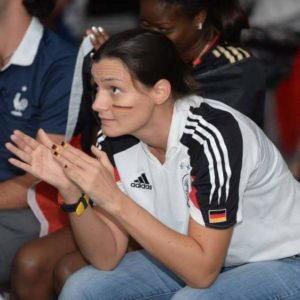How I became an International Sports Psychologist:
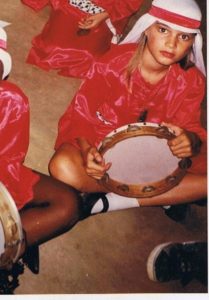
The journey of becoming an International Sports Psychologist started at the age of 2. I grew up in Ghana and Tanzania, from a very young age I met people from various corners of the world. I learned about different cultures, different religions and different ways of viewing the world. In Tanzania, I went to an International School. Once a year, we would have an International Night, I did not always represent my own country but joined friends representing their country. I have always been curious about getting to know about different cultures, eating food across the globe. I embraced the differences my friends and I had, but also our similarities.
My Interest in Sports Psychology
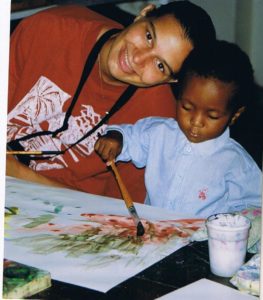
As part of the International Baccalaureate (IB), we had to do community service. I volunteered at Mother Teresa’s Orphanage. All the children I meet usually smile and are happy. But here there were a few that didn’t say much, didn’t smile and kept to themselves. One day I kicked a ball to one of the boys, he kicked it back and this is how we started. Slowly a smile appeared on his face. The next time we came back he was in the front of the line with the ball in his hand.
This was the start of my interest in sport and psychology. I also had a conversation with a friend’s mother about my interests and what I wanted to study, and she told me about sports psychology. Back in the 90s internet in Africa wasn’t as great and fast as what we are used to these days so searching the internet about sports psychology took some time. I spoke to my guidance counselor at school and the search for a University program that offered sports psychology started.
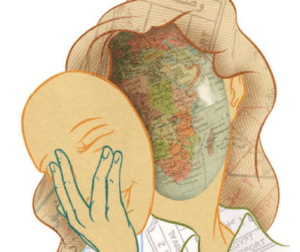
I did my Bachelor of Science (Hons) in Wales (most people reading this will not understand the next sentence). It was quite the culture shock for me as most of the people I saw were white. I went from being surrounded by people from all corners of the globe to being in a place where people were mainly from the UK. Whenever I saw someone that wasn’t Caucasian, I went up to them, I even joined the Afro-Caribbean society. In most of the research projects that I did throughout my time at the different Universities always at the cultural sport psych twist to it.
Why I love what I do!
In Tanzania, we were always encouraged to do sports, I may not have been the best in the class, but I enjoyed it. I took part in as many sporting activities as I could. Swimming and Soccer being the 2 main ones. Once a year, we had our sports day, for that we did various track and field events. I have always had a love for sports. As part of the IB program, we had to do something active as well, and so I became the assistant coach for the girls’ soccer team. I enjoyed motivating and encouraging the girls to do their best on the field.
The journey of becoming an International Sports Psychologist started to take shape during my Master’s program, we had to do an internship semester. I worked with a wheelchair basketball team as well as working at a different university helping the international student-athletes. I truly loved seeing the various athletes achieve their potential. Seeing those who are believed to be outside the “norm” achieve their potential, getting them to shine, is just incredible.
How and Why I want to help
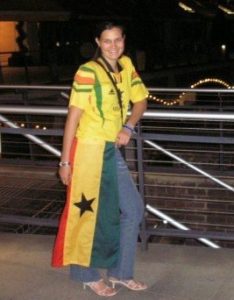
I remember a conversation with one of the wheelchair basketball players that to this day has stayed with me and plays a key role in how I do my work. After having worked with the team for a few weeks, we were at an away game and were having a team dinner. This individual wanted to get to know me a bit better and asked where I was from. After telling him my background his response was “ah that’s why you aren’t scared of us and treat us like normal people because you grew up in Africa.” The majority of the team was made up of African Americans. The part that stuck with me is that I want everyone I work with to feel like they are just like everyone else, no matter the color of their skin, their religious belief. I wanted to see them for WHO THEY ARE. Taking all their uniqueness into account and helping them achieve their full potential by not changing who they are but by embracing it. By helping them adjust to the new country they may be in, helping their new coaches get to better understand them.
Cultural Difference
A coach I spoke to felt one of his athletes from Africa was being disrespectful as he didn’t make eye contact with the coach. After speaking to the athlete to confirm my assumptions I then sat with the coach and explained, that while in his culture direct eye contact is a sign of respect in the athlete’s culture it is a sign of disrespect. Sometimes it is these small misunderstandings that can cause conflicts. It can make it harder for an athlete/coach to adjust to their new environment. If there is something I can do to help with the transition, then perfect. Only when a person truly feels at ease and comfortable in their new environment will they be able to achieve their full potential. They need to have balance in their life, they need a social network outside their sport.
